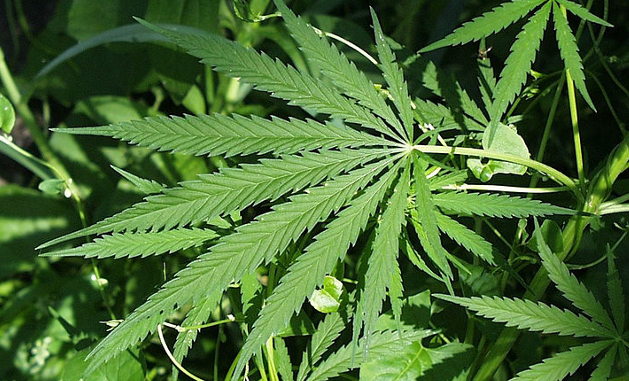On July 1, the campaign Smart and Safe Arizona reported filing 420,000 signatures for a ballot initiative to legalize marijuana in Arizona. At least 237,645 (about 56.6 percent) of the submitted signatures need to be valid.
The process of verifying signatures could take until August 26, 2020. Secretary of State Katie Hobbs (D) has until July 31, 2020, to remove ineligible petition sheets. Counties then have until August 21, 2020, to conduct random samples. Hobbs will then have until August 26 to aggregate the random samples and announce whether the initiative will appear on the ballot.
The ballot initiative would legalize the possession, use, and sale of marijuana and would include a six-plant home-grow provision. The ballot initiative would provide local governments with the power to ban marijuana facilities and testing centers and give local control over elements of regulation, zoning, and licensing. Smart and Safe Arizona also included a provision to expunge some marijuana-related convictions.
In 2016, 51.3 percent of voters rejected a ballot initiative, titled Arizona Proposition 205, that would have legalized marijuana. One of the differences between Proposition 205 and this year’s ballot initiative is the proposed regulatory structure. Whereas Proposition 205 would have established a new government agency, the Department of Marijuana Licenses and Control, Smart and Safe Arizona’s proposal would make the Arizona Department of Health and Human Services responsible for adopting rules to regulate marijuana. The excise tax on marijuana sales is also 1 percentage point higher—16%—under this year’s proposal.
Smart and Safe Arizona raised $2.77 million through the most recent campaign finance filings on March 31. The deadline for the next scheduled reports is July 15, 2020. Harvest Enterprises, which is a marijuana business based in Tempe, contributed $1.03 million to Smart and Safe Arizona. Ballotpedia has not identified political action committees opposing the ballot initiative as of July 2. In 2016, opponents raised $6.37 million in their effort to defeat Proposition 205, while supporters raised $6.55 million.
Eleven states and Washington, D.C., have legalized the possession and personal use of marijuana for recreational purposes. Except in Illinois and Vermont, marijuana was legalized through the ballot initiative process.
Going into July, New Jersey and South Dakota were scheduled to vote on ballot measures to legalize recreational marijuana in November. Signatures have also been submitted for a legalization initiative in Montana.
Additional reading:



